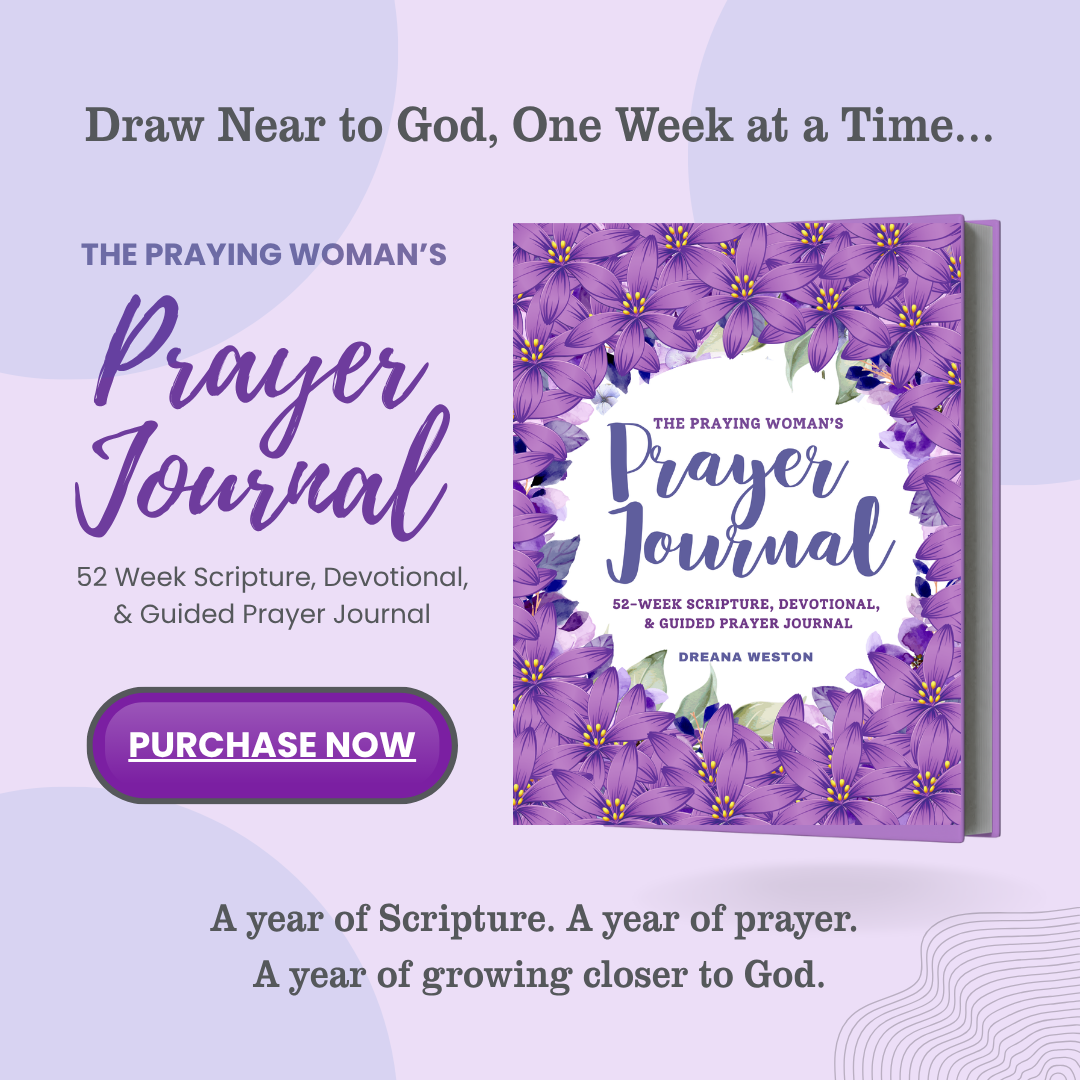 What is stress? Stress hormones (adrenaline, noradrenaline, and cortisol) are secreted, your heart pumps faster, blood pressure rises, breathing quickens, perspiration increases, and digestion slows.
What is stress? Stress hormones (adrenaline, noradrenaline, and cortisol) are secreted, your heart pumps faster, blood pressure rises, breathing quickens, perspiration increases, and digestion slows.
Taking physical action exhausts the stress hormones. But when stuck behind a desk or in a car, with one tense situation after another, stress chemicals remain in the bloodstream.
This causes headaches, creating further anxiety. Eventually your system is so overloaded that a minor incident can prompt a crisis.
Stress makes you unhappy, depression, anxiety, panic attacks, feelings of inadequacy, pessimism, and dissatisfaction with life are all part of the picture.
It can make you difficult to live with because people under stress are often irritable, irrational, and hostile. It can affect your work performance — you may be forgetful, lethargic, and unable to concentrate or make decisions.
We live in a culture where stress dominates many of our lives. It is easy to become overwhelmed with our many responsibilities.
Few of us know how to deal with these stresses in a healthy way and we continue to push ourselves and those around us. Calmness and peace are available to us as we seek God’s direction each day.
Here are 7 Ways To Shake Stress :
Get a Hobby –
Have you ever enjoyed an activity so much that you lost track of time? That’s the theory behind using hobbies as stress relief.
Participating in pastimes you enjoy, like cooking and writing, gives your mind gets a break from anxiety and tension because you’re focusing on a completely unrelated activity.
A hobby is helpful because it gives another outlet to feel good, relaxed, and confident
Be Money Smart –
One of the biggest drivers of stress is financial woes. Not coincidentally, health problems are the major driver of bankruptcy, and then bankruptcy cycles back to be a major driver of more stress-related health problems.
That’s why it’s important to create some kind of emotional comfort zone with money — that is, just the feeling that you have some sort of nest egg can ease your stress.
And that’s why socking away 10 percent of your income every month (or at least $100 every month) can start the process of giving you a backup plan.
And, of course, with credit card debt exceeding the national debt, having a good frame of mind about your plastic is important. Use your cards for the convenience of paying your bills, not to avoid paying them.
Plan Ahead –
Part of what makes life so stressful is uncertainty. Because so much of life is unpredictable, it helps to maintain a regular schedule and track all your responsibilities that lie ahead. Better to clutter a piece of paper with a to-do list than to clutter your brain with how-will-I-do-it-all worries.
While you’re at it, the other thing you can do with your pen is a nightly gratitude journal. Write down one or more things every day that you appreciate. This helps put your stressors in perspective.
Quick-Fix Breathing –
Slow breathing from the diaphragm is one of the most effective ways of managing stress. Quick-fix breathing can release tension in a difficult situation. Calm and control your breathing by taking several deep, slow breaths. Return to normal breathing, then repeat.
If the tense situation can’t be changed, give a mental shrug, sigh, drop your shoulders, and ask yourself, “Who cares?”
Meditation –
This induces deep physical relaxation and mental awareness. Sitting comfortably upright, close your eyes and relax.
Focus your mind on God’s promises and free your mind from any negativity — breathing out and in to the count of four, looking at an image that brings you so much joy, or repeating your favorite bible verses for 15 to 20 minutes.
Enlist the Pros –
Some things are easy to do alone. But dealing with life’s major stressors isn’t one of them.
In the face of trauma, depression, or grief, many of us retreat into our own thoughts and think that we can manage stress on our own.
But that’s the time when you most need therapists and support groups. Treat depression like it’s a broken leg, because it’s every bit as much of a physical problem as any other health issue.
Pray –
Last on the list… but by by far the most important! There are so many reasons to pray. Stress relief is just one benefit of a praying lifestyle.
God’s Word is full of admonitions to pray. When you can’t count on anything or anyone else, you can always count on Him. Praying influences your state of mind, helping you relax and thereby reducing the effects stress has on various body organs.
It is known to not only help reduce mental stress; it also helps beat physical stress and evens out your emotional reaction to it.






